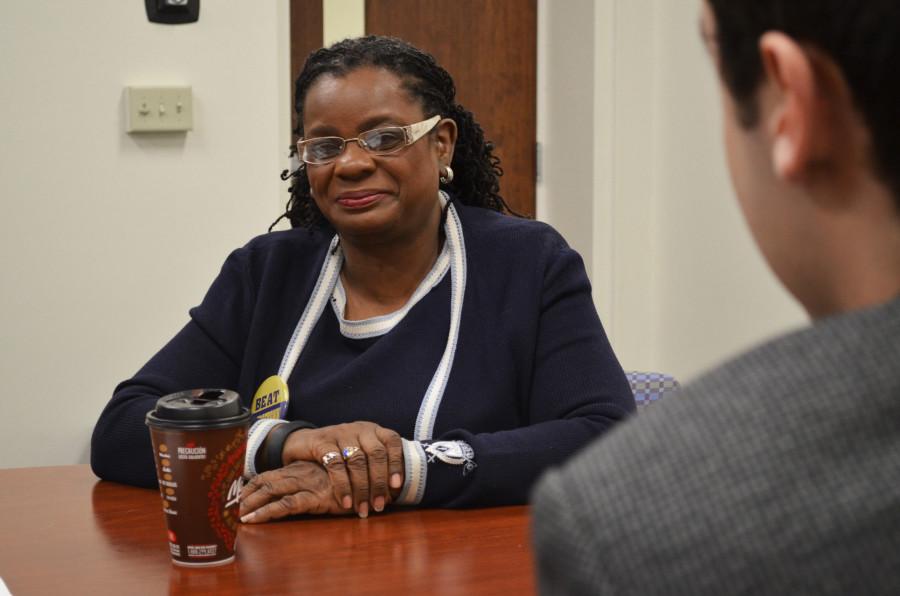Soon, college students at Marquette and across the United States may not be able to use the time-tested excuse of “sleeping through their alarm clock” for missing a class, work or other obligations.
Companies such as Sonic Alert Inc. are now marketing alarm clocks traditionally for the hearing-impaired to those who have difficulty waking up — specifically college students.
Sonic Alert’s Product Manager Eddie Brink said because many students don’t get much sleep on a regular basis, the company decided to market to the “hard-to-wake” market.
“We have the Sonic Bomb, the Sweetheart and the Skull alarm clocks that are all geared more toward college students,” Brink said.
Other brands such as Clarity, Ameriphone and Amplicom are also focused on the hearing-impaired. Their products include alarm clocks with strobe lights, vibrators and high decibel levels, as well as mobile and home phones, amplification systems and assistive listening devices.
Since such alarm clocks are originally made for the hearing-impaired, the alarms reach up to 113 decibels (comparable to a live concert, car horn or jackhammer), have adjustable tones, and come with vibrating bed shakers to get someone with hearing loss awake, Brink said.
According to the National Institute on Occupational Safety and Health, those decibel levels are higher than the “best practice” levels for adults. NIOSH says individuals should not be exposed to sound greater than 105 decibels for any length of time.
However, according to the Occupational Safety and Health Administration, individuals can safely be exposed to sounds up to 115 decibels for 15 minutes.
Brink said Sonic Alert is aware the clocks reach high decibel levels, but the products have no need for testing health effects or for hearing loss.
“Each clock comes with warnings within our user guide that warn the buyer that this is, in fact, a very loud alarm clock, and lists the decibel levels, especially for those who may not be hearing-impaired,” Brink said.
Edward Korabic, chair of Marquette’s speech pathology and audiology department, said in an e-mail Marquette students would benefit from such sound exposure in their alarms if it got them to class on time. He agrees with NIOSH, saying the alarm has the potential to cause damage to their hearing over time if considered with other noise exposure during a 24-hour period.
Laura Zamudio, a freshman in the College of Arts & Sciences, said she believes students like herself who sleep through their alarm clocks could benefit from using such products.
“The extent of the loudness would be great for people like me whose brains just don’t get the message to wake up, even on the highest level on their alarm,” Zamudio said. “But I’m not sure it would be a good idea for people who have roommates, because it would wake everyone up.”
Zamudio found both issues and merits to college students using alarms originally made for the hearing-impaired.
“Although I’d be worried about the loudness hurting my ears long-term, I think it’d be worth it,” Zamudio said. “Because I’d be able to wake up and actually stay awake, and be present and productive in my classes, instead of getting up after almost missing my alarm and still being half-asleep.”


